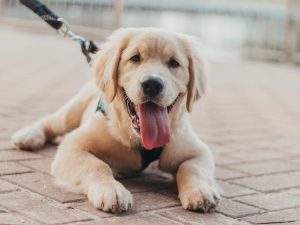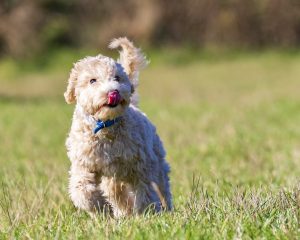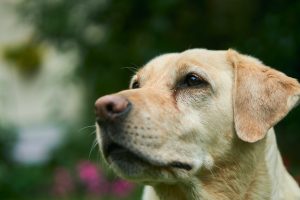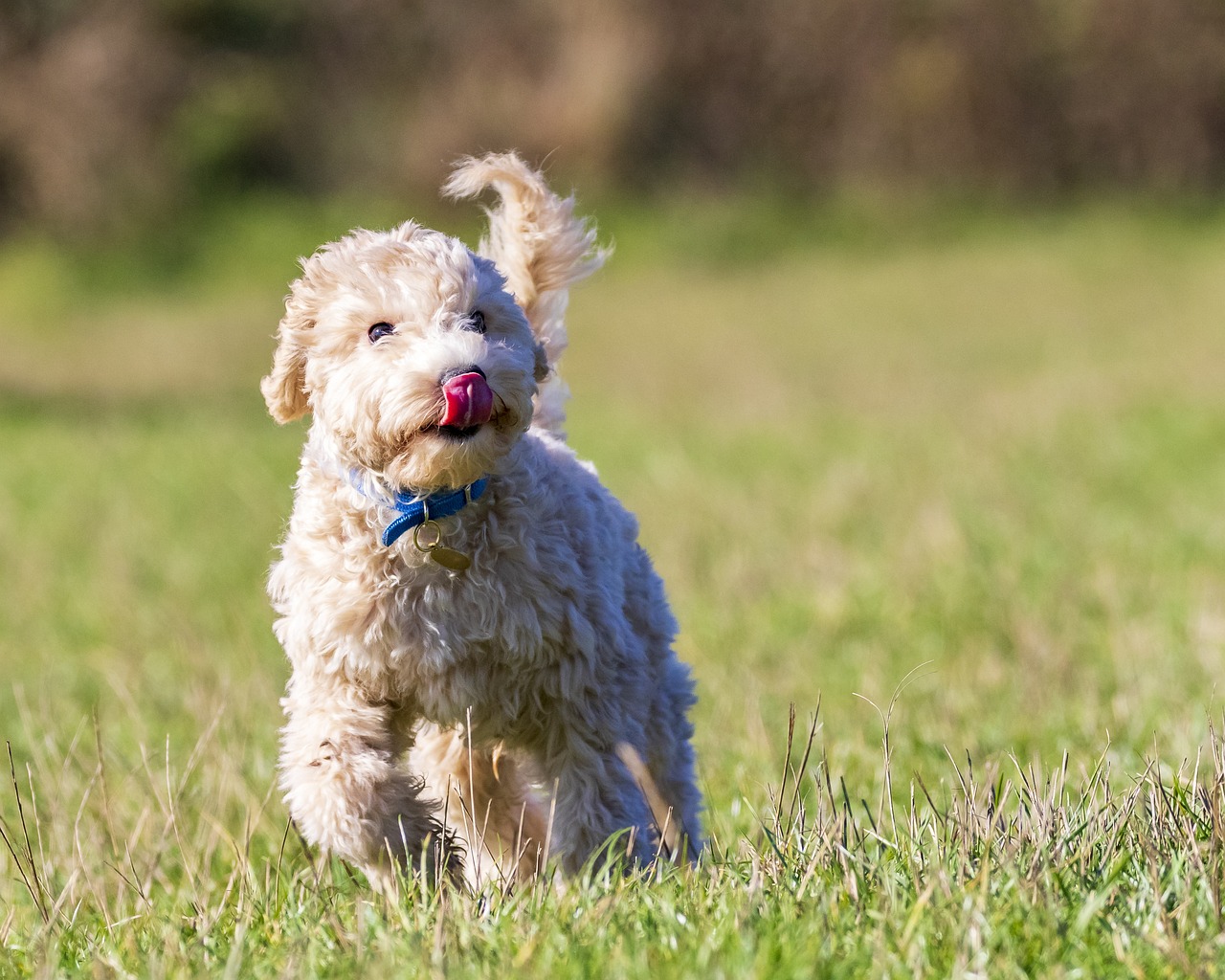
Introduction
If you’re considering bringing a furry friend into your home but have concerns about allergies, the Bichon Frise might have caught your eye. These small, fluffy dogs are often touted as hypoallergenic, making them seem like the perfect choice for allergy-prone individuals. But is this claim rooted in reality, or is it just another doggy myth? In this deep dive into the world of Bichon Frise, we’ll explore the hypoallergenic status of these charming canines.
Understanding Hypoallergenic Dogs
1. The Hypoallergenic Hype
The term “hypoallergenic” suggests that a dog is less likely to cause allergies or trigger allergic reactions in individuals. This label has been particularly associated with certain breeds, including the Bichon Frise.
2. Allergies and Pet Dander
Most allergies related to dogs are caused by proteins found in their saliva, urine, and skin dander. Pet dander, tiny flecks of skin shed by animals, is a common allergen that can cause reactions in sensitive individuals.
3. The Bichon Frise Appeal
Bichon Frises, with their curly, non-shedding coats, are often considered a potential solution for those with allergies. Their adorable appearance and friendly demeanor make them even more appealing to prospective dog owners.
Bichon Frise Coat Characteristics
4. Non-Shedding Coats
Bichon Frises have a distinctive non-shedding coat, which means they release less dander into the environment compared to breeds that shed more profusely. This characteristic contributes to the belief that they are hypoallergenic.
5. Regular Grooming Routine
Despite their non-shedding coats, Bichon Frises require regular grooming to prevent matting and tangling. Regular grooming can also help reduce the amount of loose hair and dander in the environment.
The Reality of Bichon Frise Allergies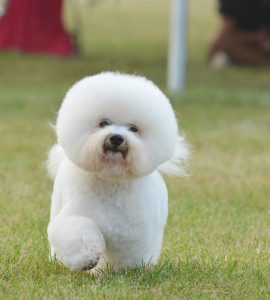
6. No Truly Hypoallergenic Breed
While Bichon Frises may produce fewer allergens than some other breeds, it’s crucial to note that no dog breed is entirely hypoallergenic. The proteins in a dog’s saliva, urine, and dander can still trigger allergic reactions in susceptible individuals.
7. Individual Variability
Allergies are highly individual, and what causes a reaction in one person may not affect another. It’s essential for potential Bichon Frise owners to spend time with the breed to gauge their personal sensitivity.
Managing Allergies with Bichon Frises
8. Regular Grooming Practices
Consistent grooming practices, including bathing and brushing, can help minimize loose hair and dander in the environment. Regular grooming also keeps the Bichon’s coat healthy and reduces the potential for allergic reactions.
9. HEPA Air Purifiers
Investing in a high-efficiency particulate air (HEPA) purifier can help filter out airborne allergens, including pet dander. This can be particularly beneficial for individuals with allergies living with a Bichon Frise.
External Links for Further Reading
- American Kennel Club: Are Bichon Frises Hypoallergenic?
- WebMD: Hypoallergenic Dogs and Allergies
- Healthline: Can Dogs Be Hypoallergenic?
Conclusion
In the quest for a hypoallergenic dog, the Bichon Frise stands out with its non-shedding coat and charming personality. However, it’s crucial to recognize that the term “hypoallergenic” doesn’t guarantee an allergy-free experience. Potential Bichon owners should consider individual sensitivities, maintain a rigorous grooming routine, and explore additional measures to manage allergies effectively.
FAQs
1. Are Bichon Frises completely hypoallergenic?
No dog breed is entirely hypoallergenic. While Bichon Frises produce fewer allergens than some breeds due to their non-shedding coats, individual reactions vary, and potential owners should consider their own sensitivities.
2. Can grooming practices reduce allergies with Bichon Frises?
Yes, regular grooming practices, including bathing and brushing, can help minimize loose hair and dander, reducing the potential for allergic reactions. Consistent grooming is essential for Bichon Frise owners.
3. Are there specific breeds that are truly hypoallergenic?
No breed is entirely hypoallergenic. However, some breeds, like Bichon Frises, produce fewer allergens due to their non-shedding coats. It’s essential to consider individual sensitivities and spend time with a breed to gauge potential reactions.
4. Can air purifiers help manage allergies with Bichon Frises?
Yes, high-efficiency particulate air (HEPA) purifiers can filter out airborne allergens, including pet dander. Using an air purifier can be beneficial for individuals with allergies living with Bichon Frises.
5. How can I determine if I’m allergic to Bichon Frises?
If you’re considering bringing a Bichon Frise into your home, spend time with the breed to assess your individual sensitivity. If you experience allergy-like symptoms, such as sneezing or itching, it’s advisable to consult with an allergist for confirmation.


